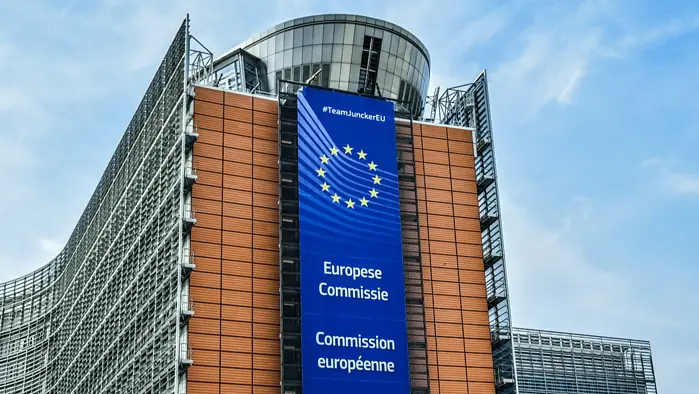ChatGPT's Deep Search is yet to come to Europe, which proves, as expected, is behind in AI
The reason is never an economic one
Key notes
- OpenAI’s Deep Search is not available in Europe yet due to regulatory delays.
- Europe is lagging in AI due to investment gaps and restrictive regulations like GDPR.
- Meta and Apple have also withheld AI products from Europe for similar regulatory reasons.

OpenAI has recently launched Deep Search, a new ChatGPT feature that lets you do a thorough search on the internet on topics, even more than before.
The new AI agent is currently live for folks in the $200/month Pro tier and will soon launch to those in the Plus and eventually free tiers. But, as expected, users in Europe may need to wait a little longer.
“We are still working on bringing access to users in the UK, EU, Norway, Iceland, Liechtenstein, and Switzerland,” OpenAI updates on a post on X.
Which then, once again, proves that Europe is still behind in the ever-booming AI race. But, why?
A study from Digital Europe last year said that Europe has been struggling in critical technology sectors, lagging behind global competitors in seven out of eight areas, including AI and semiconductors. The economy is never a factor, but instead, there is a big investment gap, particularly in AI, quantum computing, and space tech.
On top of that, a lot of European regulations also slow down growth by being complex and restrictive. Indeed, they do protect your privacy and make sure that Big Tech has ethical standards, especially the GDPR, but they also make it harder for companies to innovate quickly or scale up.
“Unless you live in Europe/the UK, but that’s not our fault,” OpenAI boss Sam Altman says on X while praising the Deep Search.
And that’s not the only AI-centric feature or advancement that’s not growing so well in Europe.
Last year, Meta decided not to release its next multimodal AI model, Llama, in the European Union due to regulatory uncertainty, particularly regarding how it can train models using data from European customers while complying with GDPR.
Meta’s concerns stem from delays in receiving clear guidance from EU regulators, especially after being ordered to pause training on EU data in June. This decision follows similar moves by Apple, which also withheld some of its new AI features from Europe over regulatory concerns.
Ouch.
Read our disclosure page to find out how can you help MSPoweruser sustain the editorial team Read more




User forum
0 messages